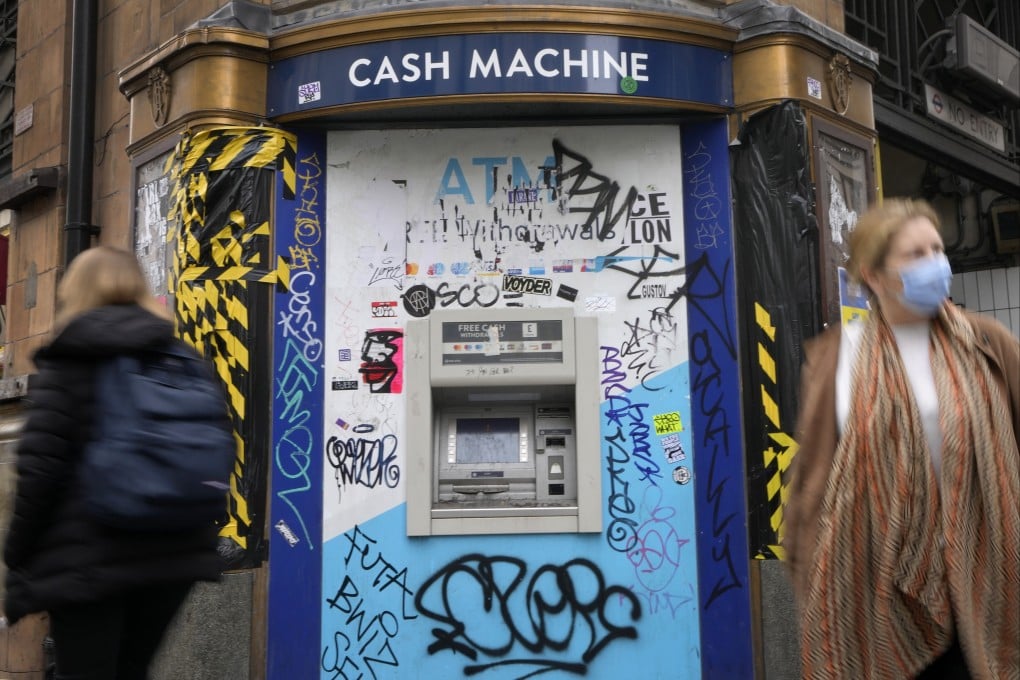Advertisement
Opinion | With an ailing UK economy, can Liz Truss afford to be hawkish on China?
- Despite her campaign rhetoric, the new prime minister understands that crisis-hit Britain cannot just blindly follow US policy on China
- With the UK outside the EU and facing a recession, she can ill afford to dismiss the economic benefits of more pragmatic ties with Beijing
Reading Time:3 minutes
Why you can trust SCMP
15

During the Conservative leadership contest to succeed Boris Johnson as British prime minister, Liz Truss indicated that she would adopt a tougher stance on China.
Advertisement
However, in light of Britain’s growing economic crisis, and doubts in London about whether the US’ hardline approach to China or the European Union’s more pragmatic dealings is the right one, it remains to be seen whether Truss will follow through on her rhetoric.
If one were to take Truss at her word during her campaign, her tenure would now mark a staunch shift in the UK’s China policy. Under David Cameron, prime minister from 2010 to 2016, Britain declared itself China’s “best partner” in the West. In 2015, it became a founding member of the Asian Infrastructure Investment Bank (AIIB) and lobbied for an EU-China trade agreement, testament to Sino-British cooperation back then.
Ironically, as Cameron’s education minister, in June 2014, Truss praised the establishment of Confucius Institutes in Britain. Eight years later, she is now prime minister and must define her own path in dealing with China.
The consensus is that Beijing has long ceased to be a partner. In fact, under Johnson’s “Global Britain” initiative, China was declared a “systemic challenge … to our security, prosperity and values”.
Advertisement
Truss, according to reports, is inclined to take this one step further and declare China a threat to national security for the first time, joining the likes of Russia. There are also reports that Truss is determined to describe the Chinese actions in Xinjiang as “genocide”, something the United Nations avoided in its recently published report.

Advertisement
